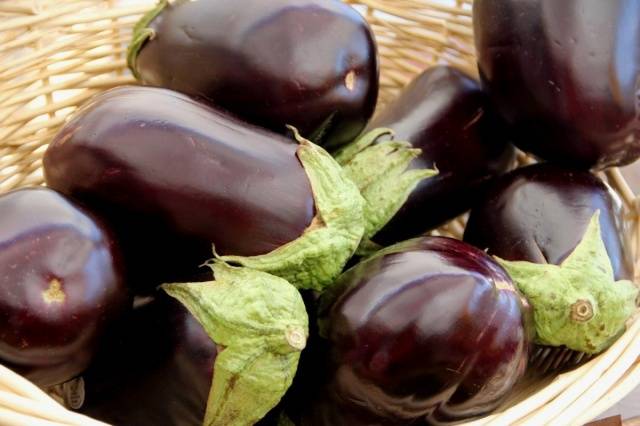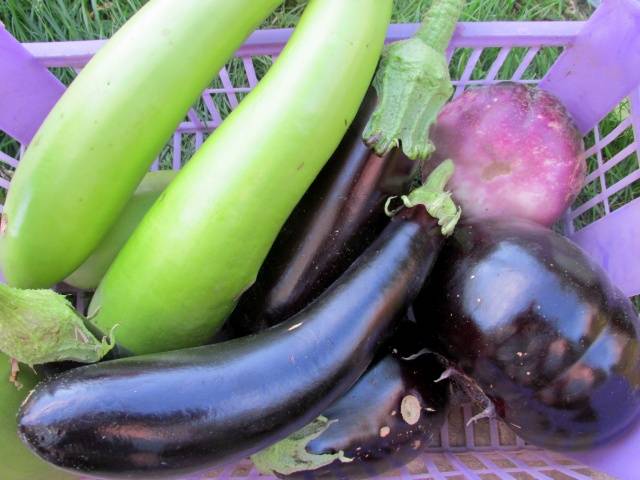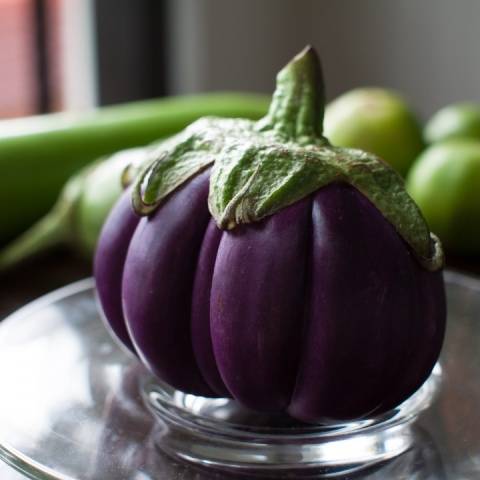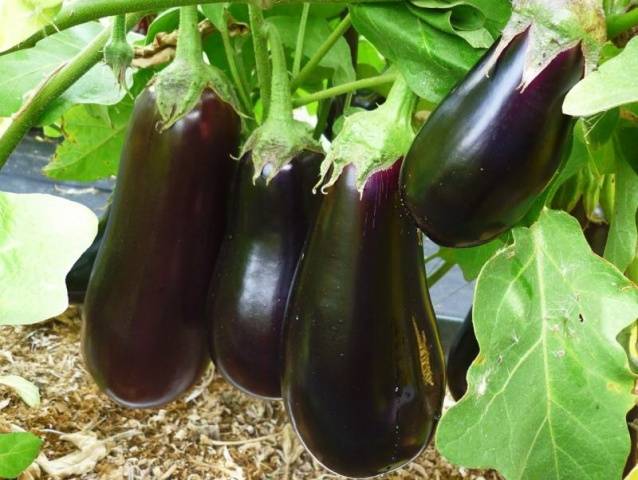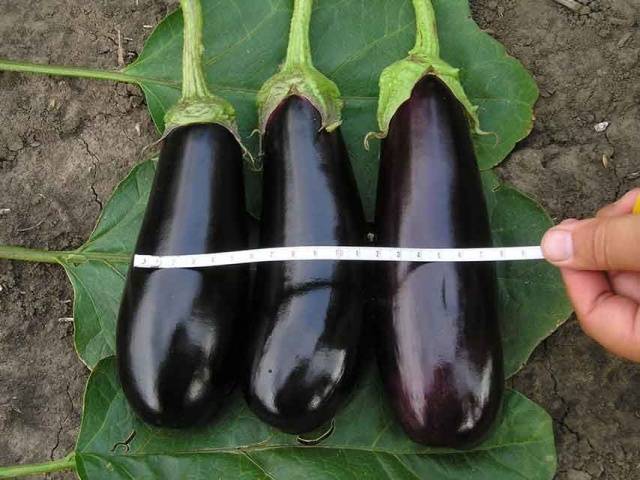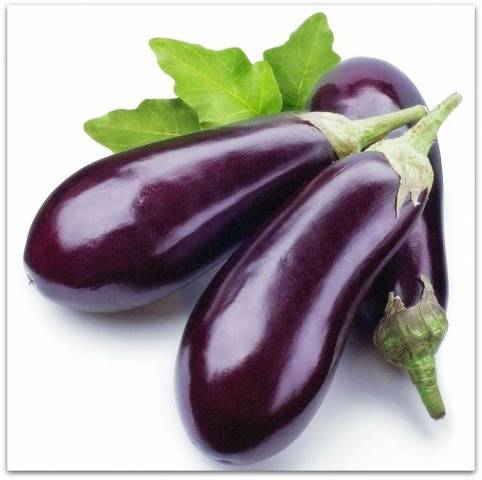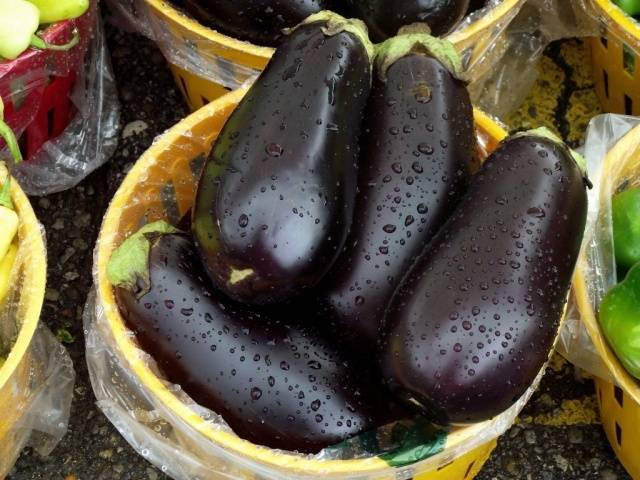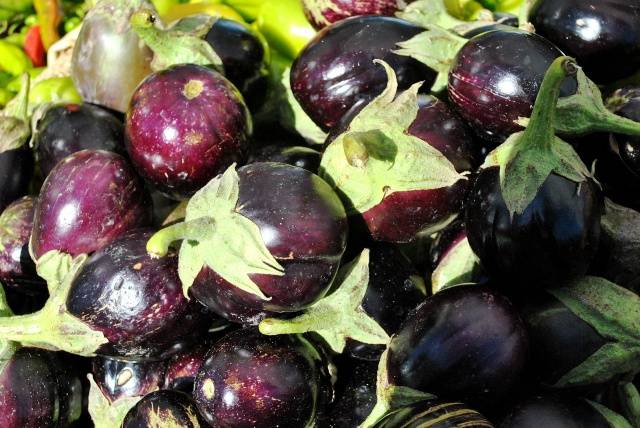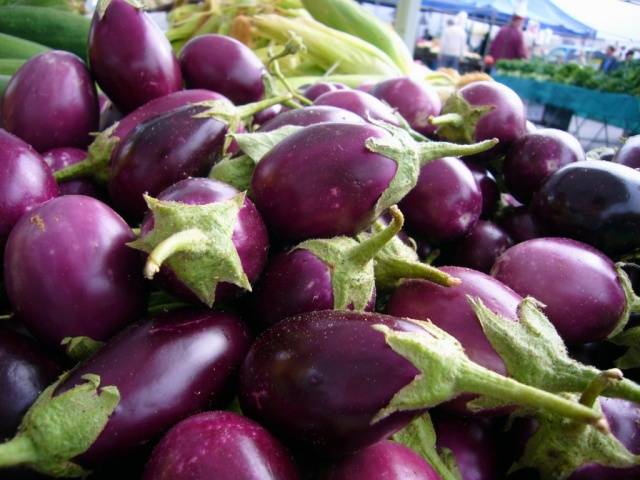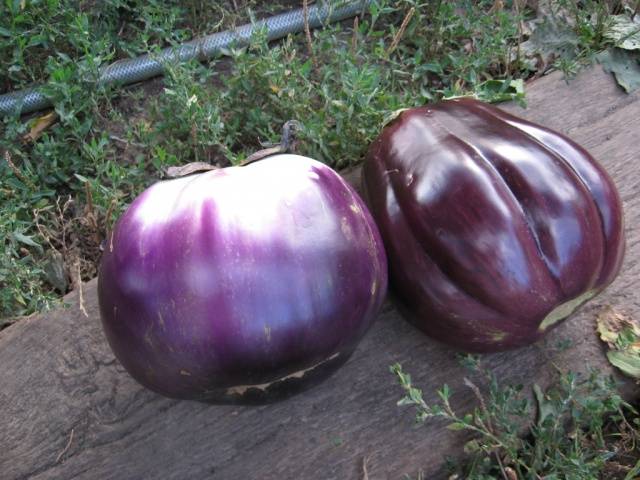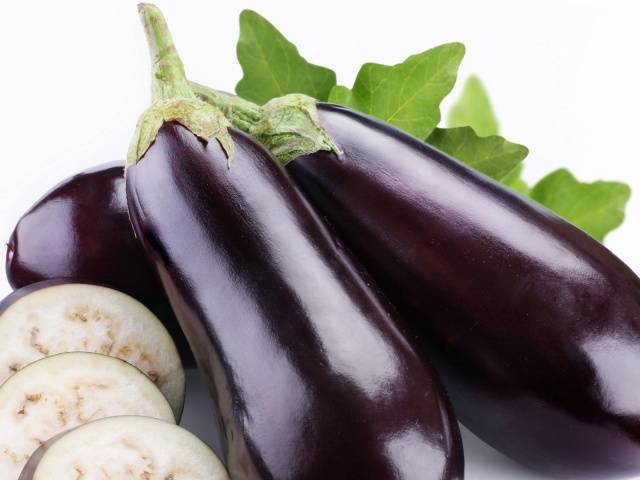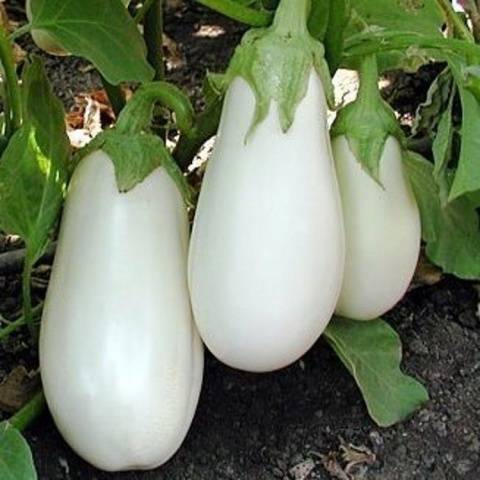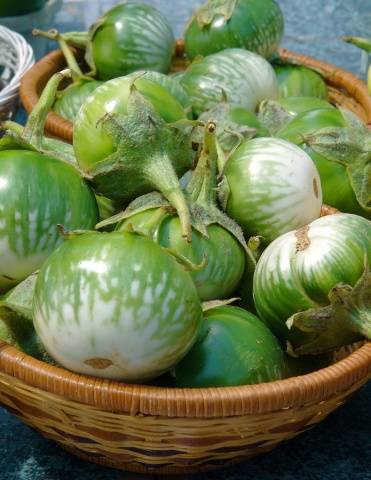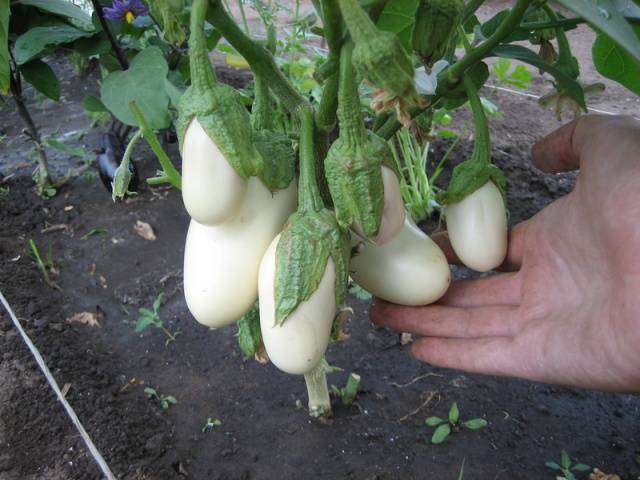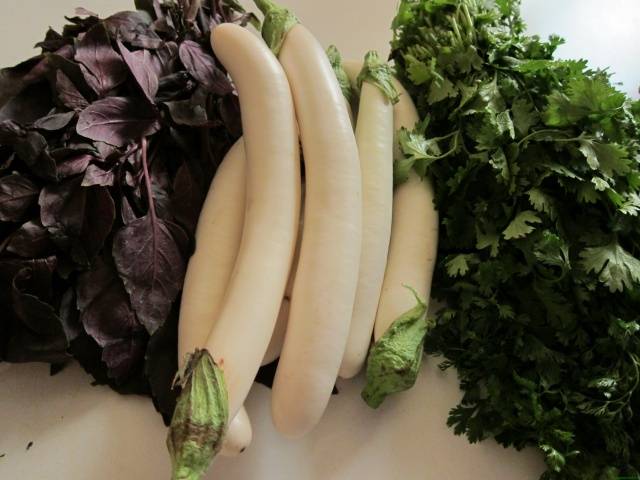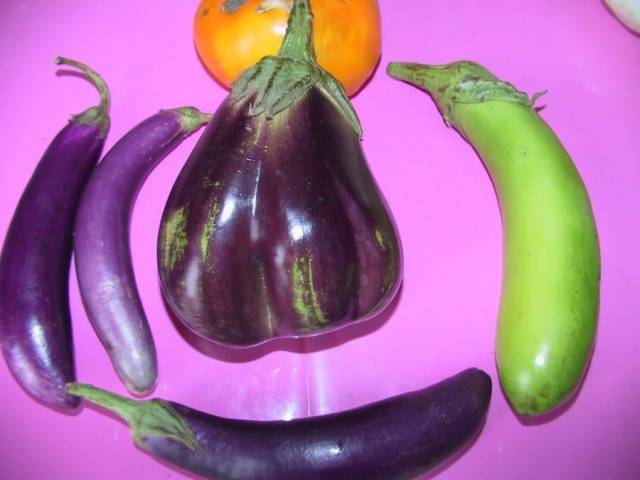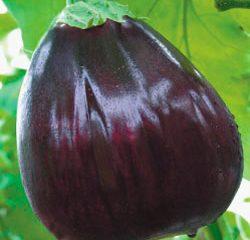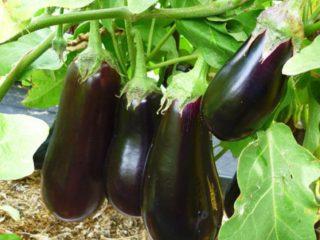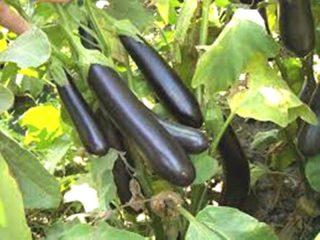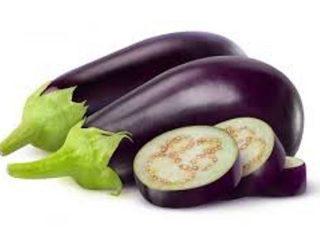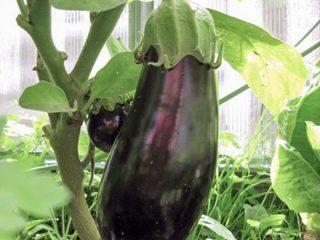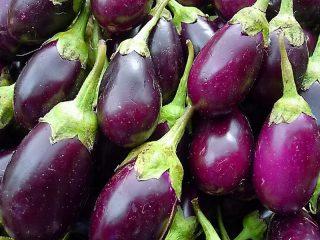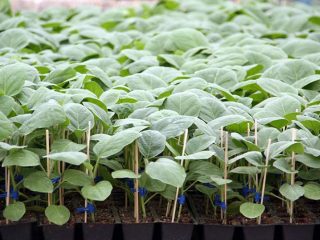Content
Eggplants are traditionally considered a southern vegetable that loves warm climates. But through the efforts of breeders, this plant has become universal - now it can be planted not only in the south, but also in central Russia. The seeds of hybrids undergo special hardening; they are perfectly prepared for weather “surprises” and various diseases. Varietal crops are weaker; they need warmth, frequent watering and protection from diseases.
To determine the best varieties of eggplant and figure out which seeds are preferable to buy, you need to familiarize yourself with all types of these mysterious plants and read reviews from experienced gardeners.
What are modern “little blues” like?
Before you buy eggplant seeds, you need to decide where they will be planted, for what purposes they will be used, and answer a few more important questions. All in all, varieties eggplants are divided according to the following criteria:
- Ripening time: early-ripening, mid-ripening and late varieties. In addition to them, there is a separate early-ripening subspecies - these are vegetables that ripen in an extremely short time. The date of seed planting depends on the timing of ripening.
- Growing method: heated greenhouse, greenhouse, open ground.
- Productivity – the number of fruits collected from one square meter of soil.
- Sustainability – to diseases, temperature changes, transplantation and other unfavorable conditions.
- Fruit type. This category includes the color of eggplants, their size, weight, shape, and taste.
- Type of bushes. For example, low-growing but branched varieties are more suitable for growing in open ground. They do not need to be tied up, they are not afraid of the wind, and you can harvest quite a decent harvest from the side branches. For greenhouses, you can buy seeds of tall varieties - they are very productive.
- Varieties or hybrids. Like all vegetable crops, eggplants are divided into varietal and hybrid.
Until recently, Russia did not know about the existence of any other types of eggplants, except for the oblong-shaped purple fruits that have a bitter taste. Modern varieties and hybrids are so diverse that choosing the best varieties of eggplant is sometimes almost impossible. At least, each of the listed categories has its own favorites, it’s worth talking about them in more detail.
Greenhouse varieties
To obtain high yields, it is better to grow eggplants in a heifer or greenhouse. Still, this way you can get the earliest vegetables and more effectively protect plants from disease and rot.
A heat-loving vegetable feels much more comfortable in a greenhouse.Early and mid-ripening varieties and hybrids are often grown indoors. Beginners should prefer the seeds of low-growing eggplants; they do not need to be tied up and formed into bushes. Experienced gardeners can choose taller varieties that need to be able to be planted and tied up.
"Bagheera"
This variety does not require a lot of space - the seeds can be planted in small greenhouses, choosing shallow containers for the substrate. Bagheera eggplant bushes are low, compact, and have dense foliage.
The fruits grow oval, have a dark purple color and a glossy skin. Eggplants of this variety do not taste bitter at all and have tender flesh. The fruits are suitable for sale and transportation as they have a long shelf life. The weight of one vegetable reaches 330 grams, and the yield is up to 12 kg per square meter. Another advantage of the Bagheera variety is its resistance to most diseases characteristic of this crop.
"Baikal F1"
A representative of hybrids is excellent for growing indoors. The bushes of the plant reach a height of 1.2 meters and produce good yields (up to 8 kgm²). Ripe fruits are dark purple in color and pear-shaped, with a glossy surface.
Eggplant pulp has a greenish tint and slightly increased density. This variety is excellent for canning, pickling and cooking. Especially delicious eggplant caviar "Baikal F1".
The hybrid is absolutely unpretentious - the plant does not require special care, except for watering and fertilizing, the vegetable does not need anything. In addition, eggplant is resistant to diseases and has an average ripening time (about 110 days).
"Fabina F1"
The hybrid is an ultra-early one, so it is perfect for growing in a heated greenhouse or greenhouse. The plant grows to medium height and the bushes are semi-spreading. The fruits are medium in size (180-210 grams) and dark purple in color, with a glossy sheen.
The pulp of this variety has a mild mushroom taste and aroma, which allows you to prepare interesting dishes from eggplant, including according to foreign recipes.
Vegetables have good shelf life, they tolerate transportation well, so they can be successfully grown for sale. The plant is resistant to the most dangerous diseases of eggplants - spider mites and verticillium. The yield of the hybrid reaches 7 kg per square meter, and ripening occurs already on the 70th day after planting.
Eggplants for open ground
Numerous reviews from experienced gardeners indicate that eggplants can be successfully grown in open ground. For good yield, it is necessary to choose varieties that are resistant to temperature fluctuations and diseases.
Therefore, it is better to prefer, albeit less productive, but more early ripening varieties with short ripening periods. An important factor when choosing seeds for the soil is the spreading nature of the bushes; many ovaries appear on the side branches, which increases the yield. And the height of the bushes should be small - up to 65 cm.
"Gribovsky"
One of the early ripening varieties is the open ground eggplant “Gribovsky”.It is famous for its excellent taste - the vegetable pulp is white, without bitterness, with a rich eggplant aroma. The first fruits can be obtained already on the 100th day after planting the seeds in the ground.
Eggplants of this variety are slightly pear-shaped and have a traditional dark purple hue. The bushes, as needed, are of medium height and good spreading. A nuance of this species is the thin branches - mature vegetables must be picked without delay, otherwise they may break the shoots.
"Globular"
One of the most interesting varieties is the “Globular” eggplant. It is large in size and round in shape. The weight of vegetables of this variety reaches 350-400 grams. The fruits are excellent for stuffing; they have hard flesh and therefore require heat treatment. But the vegetable does not taste bitter at all and tolerates transportation well.
The bushes of this eggplant branch greatly, but in order for the ovary to appear on them, the shoots must be regularly pinched.
"Simferopol"
Mid-season varieties are no less in demand for planting in open ground, one of which is the Simferopol eggplant. The first vegetables of this variety can be obtained on the 125th day after planting.
The shape of the fruit largely depends on the climatic characteristics of the region and the type of soil; eggplants can be oval or cylindrical. Ripe eggplants stand out clearly against the background of bright green foliage, they have a purple tint, and their skin shines glossy in the sun.
The Simferopol variety is considered the most productive of the existing mid-season eggplants.
Yield varieties
A very important factor for any owner is productivity. After all, it depends on this how many fruits will come from the bush, and whether they will be enough for the needs of the family. It is believed that hybrids have the highest yields. But there are also several varieties that produce large and frequent fruits.
"Sancho Panza"
One of the most productive varieties is the mid-season “Sancho Panza”. These eggplants need to be planted seedlings, not seeds. They are equally good for heated, conventional greenhouses and open ground.
Vegetables grow very large - up to 700 grams, and have a spherical shape. One such eggplant will be enough to feed a whole family. The fruits of this variety are especially tasty when preserved; after processing, the pulp retains its excellent taste and aroma.
"Annette F1"
The world-famous hybrid “Annet F1” is distinguished by the highest yield. A special feature of this eggplant is the continuous production of ovaries - the fruits can be harvested until the first frost.
The hybrid is mid-season, so it should not be planted in open ground too early. Although the Annette F1 eggplant is quite resistant to various diseases and even some insects.
Vegetables grow large, their weight often reaches 400 grams, the color is standard - dark purple with a tint. For high yields, the hybrid requires proper care and constant watering.
"Bibo F1"
A hybrid with a funny name bears unusual fruits - elongated oval in shape and completely white. The size of eggplants is small - 200-230 grams, but they are tied in bunches, which allows you to get fairly high yields. The bushes do not grow low, often their height reaches 90 cm, so they need to be tied up.
The pulp of Bibo F1 eggplants is tender, without bitterness. Vegetables are great for preparing various dishes and salads, as well as for canning.
Unusual eggplants
Selection does not stand still, so today you can find not only the usual purple eggplants. They come in white, red, green, yellow and even striped. All this casts doubt on the usual name of this vegetable - calling it “little blue” is now simply hard to come by.
Such exotic shades are created not only to please the eye. Each of the multi-colored varieties has its own unique taste, which allows you to use vegetables for a wide variety of dishes and come up with new ones.
The most common after purple are considered white eggplant varieties. They are perfectly acclimatized to local weather conditions, and are quite often found in the markets and gardens of the country.
"Taste of Mushrooms"
An unusual variety was developed by domestic breeders and called “Taste of Mushrooms.” This name is directly related to the taste characteristics of the vegetable, because when you eat it, it seems that these are champignons.
The pulp of this variety, like all white eggplants, has no seeds, it is very tender and fragrant. The tenderness of eggplant does not prevent it from being one of the most shelf-stable varieties, excellent for transportation and storage.
The fruits grow of medium size - 200-250 grams and have a milky white hue.
You can plant “Taste of Mushrooms” eggplants both in a greenhouse and in open ground. The first fruits will appear already on the 95-100th day after planting, which puts the variety in the rank of early ripening.
"Icicle"
Another reason for Russian breeders to be proud is the “Icicle” eggplant. It belongs to the mid-season, and therefore is suitable for both greenhouses and open garden plots. The first vegetables appear on the 110-116th day after sowing the seeds.
The vegetables have the shape of an icicle - elongated and oblong, and their color is snow-white.
The taste characteristics of the unusual eggplant are excellent; it is perfectly cooked, pickled and canned.
"Pink flamingo"
An unusual variety of lilac-colored eggplants is “Pink Flamingo.” The plant is classified as mid-early and very tall. The length of its stem often reaches 180 cm. The ovaries are formed in bunches, each of which grows 3-5 eggplants.
The advantage of the variety is its exotic appearance - the fruits are elongated and have a bright pink-lilac hue. Their flesh is white, without bitterness and seeds. The weight of one fruit can reach 400 grams.
"Emerald"
One of the most unusual shades for ripe eggplant is green. This is exactly the color of the “Emerald” variety vegetable. It is considered early ripening and is grown both in greenhouses and in open ground.
The bushes of this variety are small and resistant to cold. The fruits grow cylindrical in shape, their weight reaches 450 grams. The pulp is white with a creamy tint and has absolutely no bitterness.
The undeniable advantage of the “Emerald” variety is its high yield.
Which seeds should you choose?
Absolutely all existing varieties and hybrids of eggplant have their strengths and weaknesses. Therefore, it is impossible to answer unequivocally which of them are the best. In order not to be disappointed in the summer, already in the winter you need to understand why the vegetables will be grown, where they can be planted and what kind of care can be provided.
It doesn’t matter what varieties or hybrids the owner ultimately chooses to plant, what’s more important is how he will grow them.
